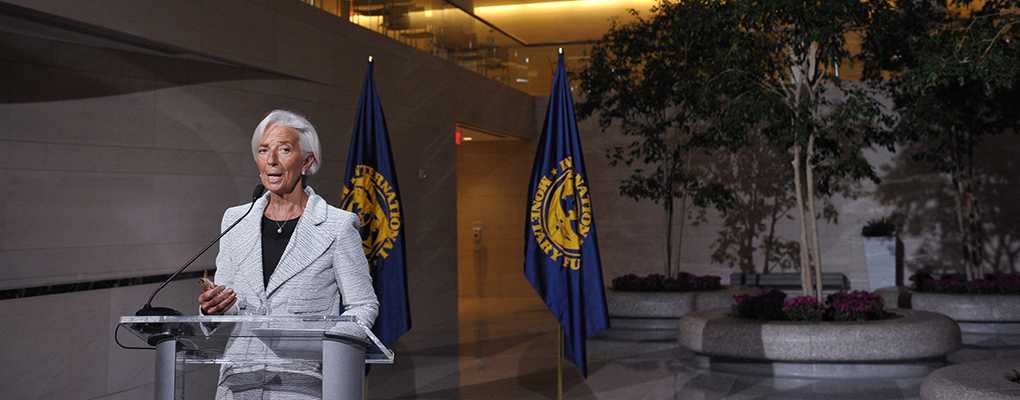
In an effort to prevent the country falling into bankruptcy, the IMF has agreed to loan Ukraine a further $175.bn over the next four years. The bailout package will begin straight away with a $5bn payment that will help prop up the stuttering Ukrainian economy that has suffered considerably since last February’s political revolution and subsequent year of conflict with eastern separatists.
With the separatists widely believed to be backed by a Russian government intent on claiming back parts of its former Soviet-era territory, Ukraine has looked to the west for help. While political support has come in the form of sanctions against Russia, Ukraine has needed financial aid to plug a large hole in its public finances.
[Ukraine’s economy] should return to around two percent of growth by 2016 as a result of the economic reforms
A condition for the loan is that Ukraine’s government undertakes serious economic reforms that will include cutting pensions and slashing budgets. Announcing the bailout package, the IMF’s chief Christine Lagarde said that the majority of the funds will come during the first year, and that the country had achieved many of its requirements for receiving the loan. “Ukraine has satisfied all the prior actions that were expected and required of it in order to start running the programme… We are off to a good start.”
David Lipton, the IMF’s First Deputy Managing Director and Acting Chair, added in a statement that the conflict in eastern Ukraine had severely harmed confidence in the country’s economy. “Notwithstanding a strong policy-led adjustment effort in 2014, the Ukrainian economy continues to be affected by the conflict in the East and the attendant loss of confidence. The deep recession and sharp exchange rate depreciation aggravated existing vulnerabilities, weakened bank balance sheets, and raised public debt.”
Even though the IMF predicts Ukraine’s economy will contract by 5.5 percent during this year, it should return to around two percent of growth by 2016 as a result of the economic reforms. “Demonstrating strong resolve, Ukraine’s authorities have developed a new program to restore macroeconomic stability and address long-standing structural obstacles to growth, including weak governance. The authorities recognize that the resolute implementation of the program is critical to restore confidence and growth, bring inflation to single digits, keep external deficits manageable, and replenish international reserves.”


